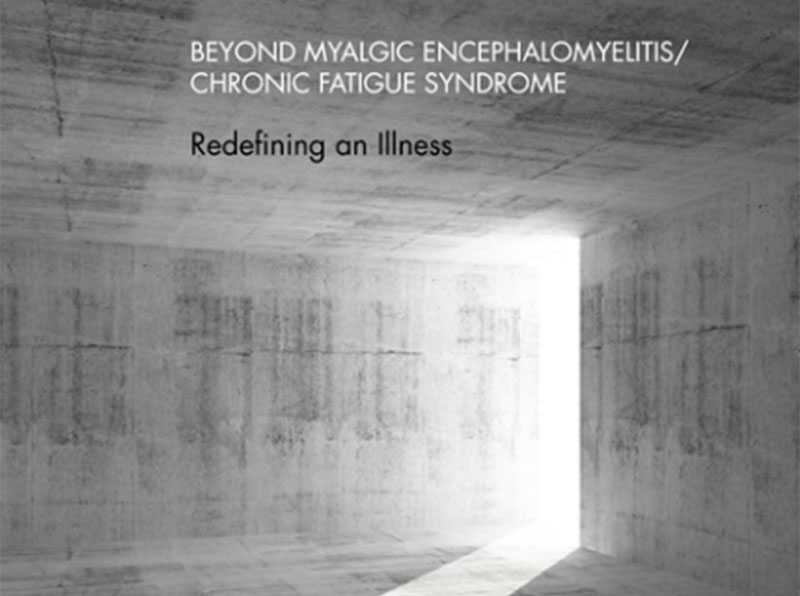Myalgic encephalomyelitis/chronic fatigue syndrome (ME/CFS) is a serious, long-term illness that affects many body systems. People with ME/CFS are often not able to do their usual activities. At times, ME/CFS may confine them to bed. People with ME/CFS have severe fatigue and sleep problems. ME/CFS may get worse after people with the illness try to do as much as they want or need to do. This symptom is known as post-exertional malaise (PEM). Other symptoms can include problems with thinking and concentrating, pain, and dizziness.
According to an Institute of Medicine (IOM) report published in 2015, an estimated 836,000 to 2.5 million Americans suffer from ME/CFS, but most of them have not been diagnosed.
Related Resources
- Disability and ME/CFS
- CDC’s Public Health Matters Blog: America’s Hidden Health Crisis: Hope for Those Who Suffer from ME/CFS
- NIH Director’s Blog: Moving Toward Answers in ME/CFS, March 2017
- NIH ME/CFS website
- CFS Advisory Committee to HHS
- FDA Voice of the Patient [PDF – 267KB]
- ME/CFS clinical trials
Beyond Myalgic Encephalomyelitis/Chronic Fatigue Syndrome: Redefining an Illness
In Beyond Myalgic Encephalomyelitis/Chronic Fatigue Syndrome: Redefining an Illness, the committee proposes new diagnostic criteria that will facilitate timely diagnosis and care, and enhance understanding of this complex disease among health care providers and the public.
- Page last reviewed: July 3, 2017
- Page last updated: October 16, 2017
- Content source:


 ShareCompartir
ShareCompartir


